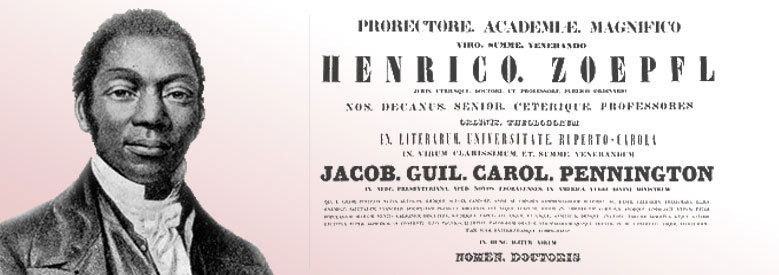Receive our blog posts in your email by filling out the form at the bottom of this page.
Theodore Ledyard Cuyler was born two hundred years ago today in Aurora, New York on January 10, 1822. He was a graduate of Princeton University (1841) and Princeton Theological Seminary (1846). He served as pastor of the Lafayette Avenue Presbyterian Church in Brooklyn, New York from 1860 to 1890.
In his ministerial career and lifetime he published many books, and around 4.000 articles in the press. It is has been said that he was the “Dean of the American Pulpit.” He was a world-traveler, and was friends with many notable leaders of the church and society, including Charles H. Spurgeon, William Adams, Eliakim Littell, Richard S. Storrs, Samuel H. Cox, Henry W. Beecher, Archibald Alexander, James W. Alexander, Joseph A. Alexander, Charles G. Finney, Benjamin M. Palmer, James McCosh, Horatius Bonar, Dwight L. Moody, President Benjamin Harrison, President Abraham Lincoln, William Gladstone, Thomas Guthrie, Thomas Binney, Albert Barnes, William B. Sprague, Stephen H. Tyng, and others, many of whom he wrote about in his autobiography, Recollections of a Long Life (1902).
He was noted for inviting the first woman to preach from an American Presbyterian pulpit — Sarah Smiley, a Quaker, in 1872 — while at the same time publicly opposing women's suffrage (see his 1894 pamphlet, “Shall Women Be Burdened With the Ballot?”). Cuyler was also a Unionist, an abolitionist, and a teetotaler.
Source: The American Monthly Review of Reviews, Vol. 25 (Feb. 1902), p. 153.
Perhaps most significantly, Rev. Cuyler lost two infant children, as well as a 22 year-old daughter, and in the midst of his grief, he wrote God’s Light on Dark Clouds (1882), and other books and articles which spoke words of comfort to his readers. Many would say that the experiences he endured gave fruit to a spiritual comfort that only one who had walked through the valley of the shadow of death could comprehend and convey to others.
He died of bronchitis on February 26, 1909, in Brooklyn, New York, at the age of 88, and is buried at Green-Wood Cemetery.
Two centuries after his birth, we remember Rev. Cuyler with great appreciation, and invite our readers to explore his works which are available to read at Log College Press. A very prolific writer, we are still adding his works to the site, but there is much of great value to read even now. Though his name was often in the press of his day, he was a most humble minister of the gospel. A park in Brooklyn is named after him but he declined the erection of a statue in his honor. He once said, "A genuine revival means trimming of personal lamps." When remembering Cuyler, we give glory to the God who called him to the ministry, and we note that Cuyler’s legacy points us, even now, to Beulah-Land.




